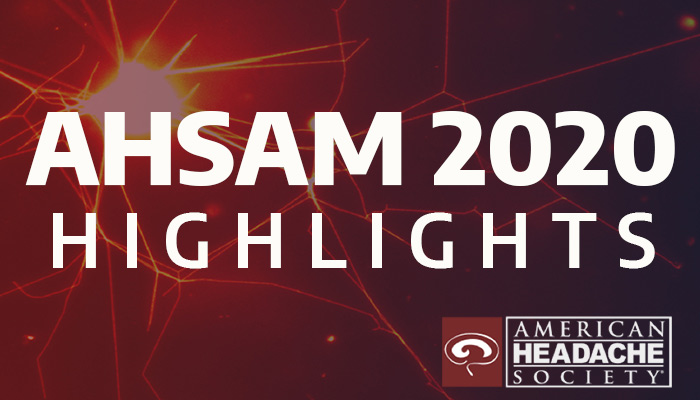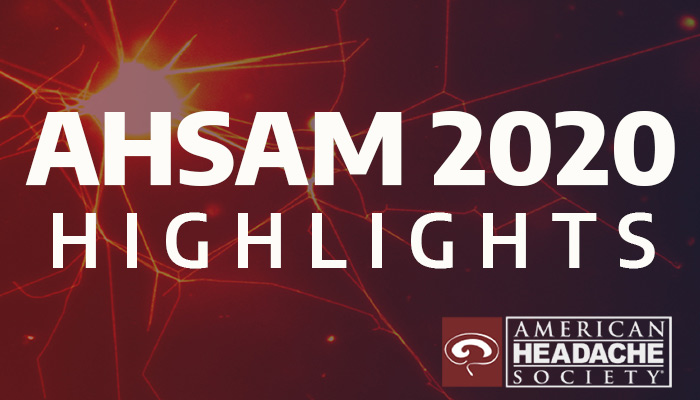

Preliminary Analysis of the Sustained Effects of a Single Low Oral Dose of Psilocybin in Migraine Headache
This Medfyle was published more than two years ago. More recent Medfyle on this topic may now be available.
Key messages
- This double-blind, placebo-controlled, cross-over exploratory study investigated a single low oral dose of psilocybin in migraine headache.
- In the 2 weeks after administration, a low oral dose of psilocybin reduced the number of migraine attacks per week, reduced pain severity, attack-related functional impairment, and days/week using a migraine abortive, and delayed the time to the second migraine attack.
- Continued controlled investigation of psilocybin in migraine (e.g., additional doses, different administration regimens, active controls) is warranted.
Presenting Author
 Emmanuelle A. Schindler, MD, PhD
Emmanuelle A. Schindler, MD, PhD
Assistant Professor of Neurology
Yale School of Medicine
New Haven, Connecticut
Emmanuelle Schindler, MD, PhD is Assistant Professor of Neurology at Yale School of Medicine in New Haven, CT. She is also an Attending Neurologist at Veterans Affairs (VA) Connecticut Healthcare System in West Haven, CT. Among Dr. Schindler’s efforts to optimize headache management, she has developed and executed the first controlled trials investigating the effects of psilocybin in headache disorders. Preliminary findings from one of these studies is presented here. Dr. Schindler’s background training in the neuropharmacology of serotonergic compounds serves in her endeavor to understand psilocybin's mechanisms of action leading to therapeutic effects in headache. Currently, she is exploring the roles of several neurobiological systems involved in both headache pathology and the known actions of psilocybin and related compounds.
Author disclosures
Emmanuelle A. Schindler, MD, PhD: Cluster Headache-Trigeminal Autonomic Cephalalgia, LLC (Research Grant or Support)




